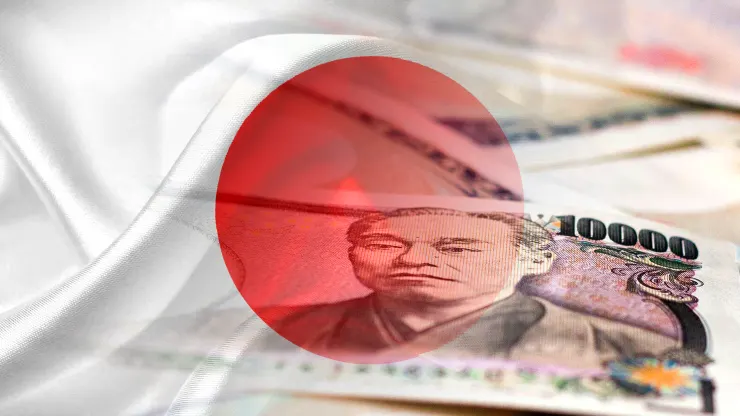
Asia-Pacific markets largely rose on Tuesday, tracking Wall Street moves overnight, while investors assessed factory activity figures from China.
Japan’s top currency diplomat Masato Kanda reportedly declined to comment on whether the finance ministry had intervened to prop up yen after it fell to a record low on Monday.
The currency weakened to its lowest level against the U.S. dollar yesterday at 160.03, before strengthening sharply to trade around the 156 level.
The Wall Street Journal, meanwhile, reported that Japan had intervened to support the yen by selling U.S. dollars and buying yen.
Japan’s Nikkei 225 climbed 1.24% to 38,405.66 as traders returned from a public holiday, while the broad-based Topix was up over 2% to 2,743.17.
Japan’s retail sales for March rose at a slower-than-expected pace in March, while unemployment came in slightly above expectations.
Data from China showed manufacturing activity expanded at a slower pace in April. The official purchasing managers’ index came in at 50.4 compared to 50.8 in March. The reading, however, beat Reuters estimates of 50.3.
Hong Kong’s Hang Seng index was up 0.23%, while China’s CSI 300 fell 0.54% to close at 3,604.39.
South Korea’s Kospi was 0.17% higher at 2,692.06, while the small-cap Kosdaq ended marginally lower at 868.93.
The country’s factory output fell in March by the most in 15 months, down 3.2% compared to a 0.6% gain expected by a Reuters poll of economists.
The Australian S&P/ASX 200 rose 0.35% to close at 7,664.1.
Overnight in the U.S., all three major indexes closed higher Monday, lifted by Tesla, while traders geared up for a week dominated by corporate earnings and a Federal Reserve meeting.
Tesla jumped more than 15%, providing upward momentum to the market after clearing a key hurdle for full self-driving technology in China.
The S&P 500 rose 0.32%, while the Nasdaq Composite added 0.35%. The Dow Jones Industrial Average added 0.38%.





























